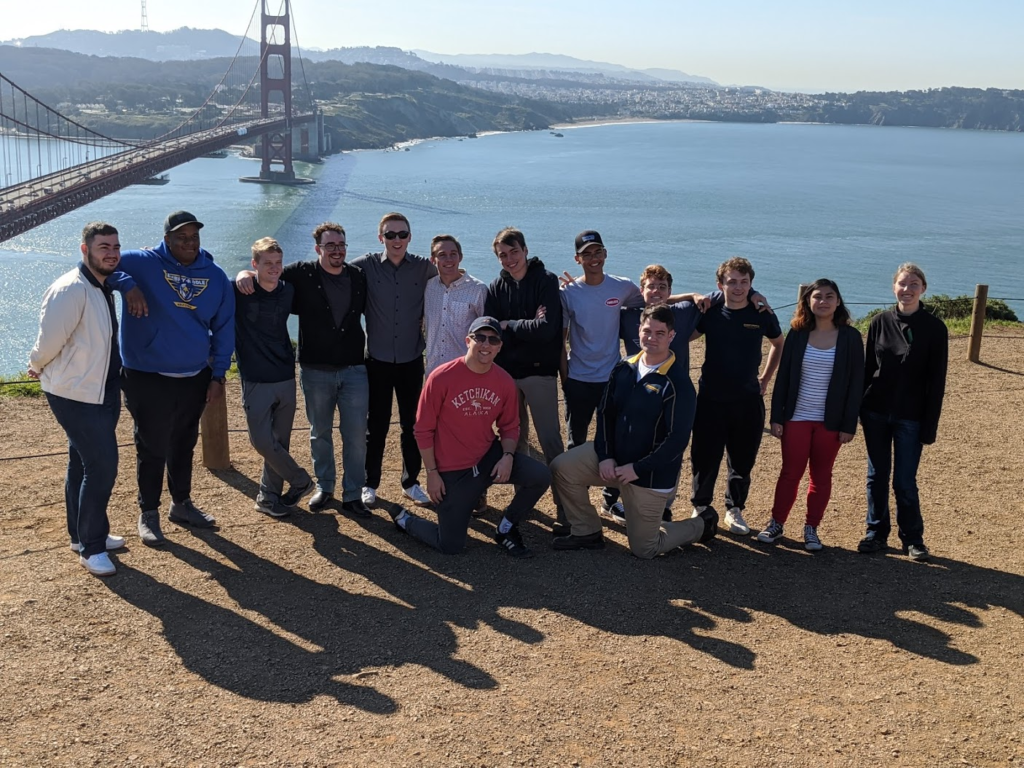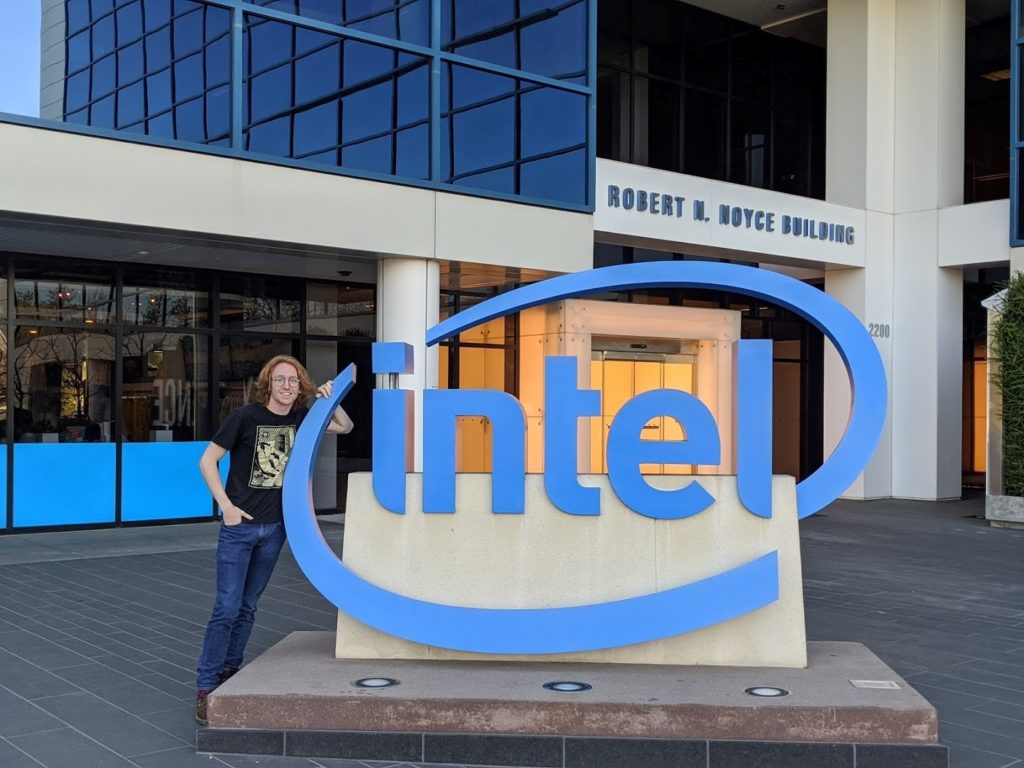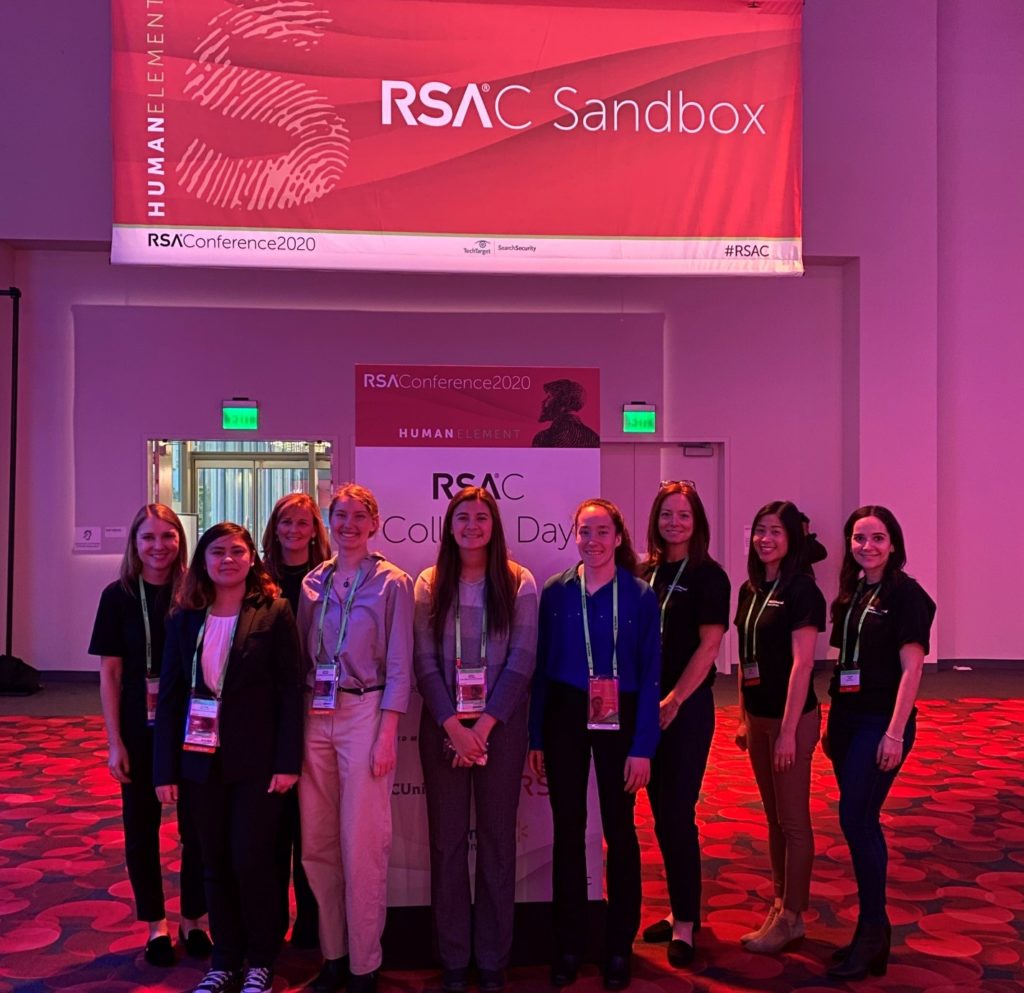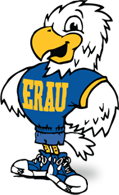Welcome back to the blog! Although a fairly new field, cybersecurity is a growing industry and major at ERAU Prescott. As a senior in the cyber department, I have been exposed to numerous different opportunities and experiences I have thoroughly enjoyed thus far. In my Riddle education, I have taken specialized courses in topics like Network Security, Database Security, Penetration Testing, and Operating Systems, to name a few. This program has opened doors where I can use these learned skills in real-world cyber scenarios, with internships at Northrop Grumman and the Army Cyber Futures Command, focusing on RMF compliance and vehicular network integrity respectively.
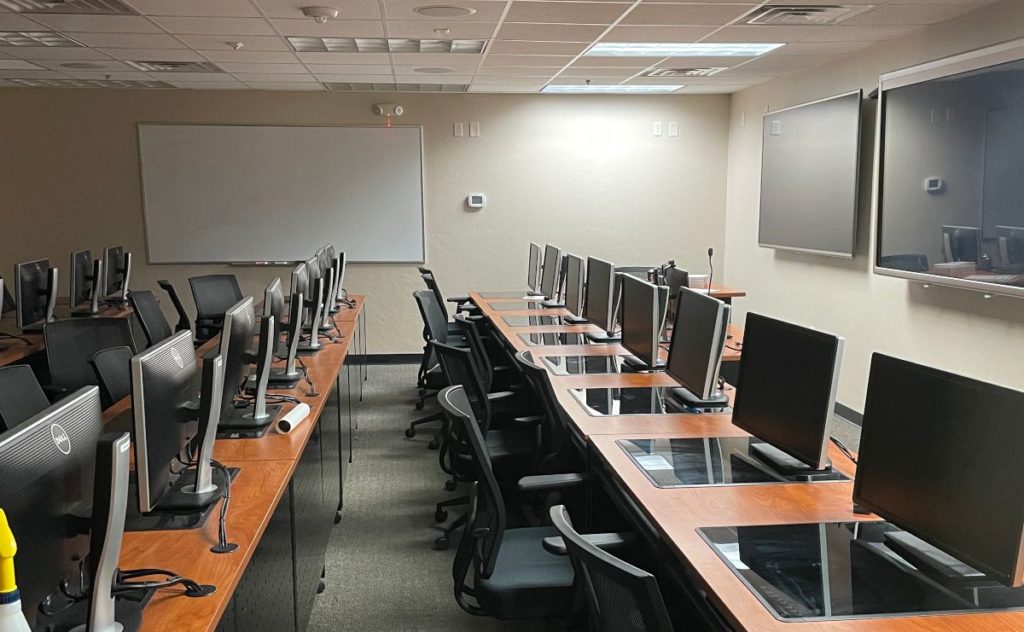
Participating in cyber organizations on campus has also provided an outlet in which I can practice and test my cyber skills in a recreational fashion with friends. I fondly recall my trip with the Cyber Defense Club to the RSA Conference in San Francisco in 2020, before COVID times. Not only did I get to see new cyber practices and innovations, but I also professionally networked and participated in workshops and CTFs.
That being said, the cyber clubs are a great resource for networking, learning, and meeting other students of similar interests. When asked about their involvement, students shared their favorite experiences in their respective cyber organizations:
William Noujaim
Ethical Hacking Club
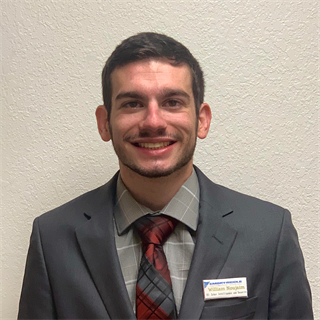
What is your favorite part of leading the Ethical Hacking Club?
“As president of the Ethical Hacking Club, knowing that students will get to understand legal and ethical cybersecurity tools and techniques makes all the long hours of preparation worth it. Seeing students participate in competitions and succeed makes the club a success.”
What is the Ethical Hacking Club’s goal for its members?
“The Ethical Hacking Club is a community of individuals with one goal in mind, learning and performing ethical cybersecurity techniques through offensive and defensive practices. The Ethical Hacking Club’s motto is to encourage students to understand cybersecurity rules and practices. Knowing how to protect yourself online is the biggest takeaway from the EHC. Knowing what qualifies as legal and ethical practices in cybersecurity while having fun in competitions helps students of all majors learn best practices while understanding how to protect their personal data and understand how necessary cybersecurity is in the workforce.”
Mohammed Dalloul
Cyber Defense Club
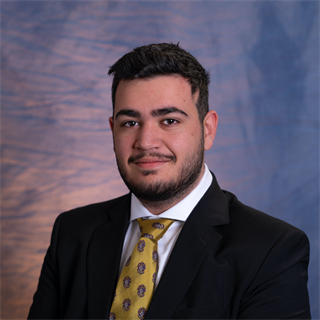
What’s your favorite part of leading the Cyber Defense Club?
“My favorite part of leading Cyber Defense Club was planning and going on the club trip to the RSA conference in San Francisco, Ca, February 2020. We met a lot of industry leaders, built on teamwork, and friendships with fellow students during the trip. Overall, it was just one of the best experiences I’ve had in my college journey.”
What is the Cyber Defense Club’s goal for its members?
“Cyber Defense Club is a cyber club on campus that aims to help and guide students and prepare them for a future in the job market as well as work on capture the flag competitions. We at CDC help our students with whatever they need to succeed we have guest speakers, competitions, trips to conferences, and informative PowerPoints.”
Hannah Ohm
Women in Cybersecurity
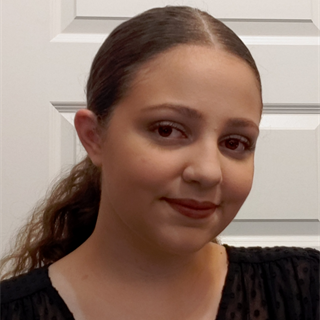
What’s your favorite part of leading the Women in Cybersecurity Club?
“During our meetings we try to engage our members in activities that will deepen their knowledge of cybersecurity. This semester we not only participated in NCL, but we also received licenses for CyberStart recently. Being able to teach them and see their excitement is one of the best experiences anyone can ever have.”
What is the Women in Cybersecurity Club’s goal for its members?
“Our goal is to help support underrepresented students in cybersecurity and to foster a passion for cybersecurity within our members.”
As mentioned by these cyber student leaders, participating in said cyber clubs can help students understand how their class curriculum materializes in real-world environments. These organizations contribute to our technical knowledge and abilities, teaching cybersecurity topics not necessarily covered in the classroom. For example, to name a few, the WiCys team recently held an interactive Web Scraping exercise and is now working on a CyberAero project, diving into the crossover of cybersecurity and aerospace industries.



